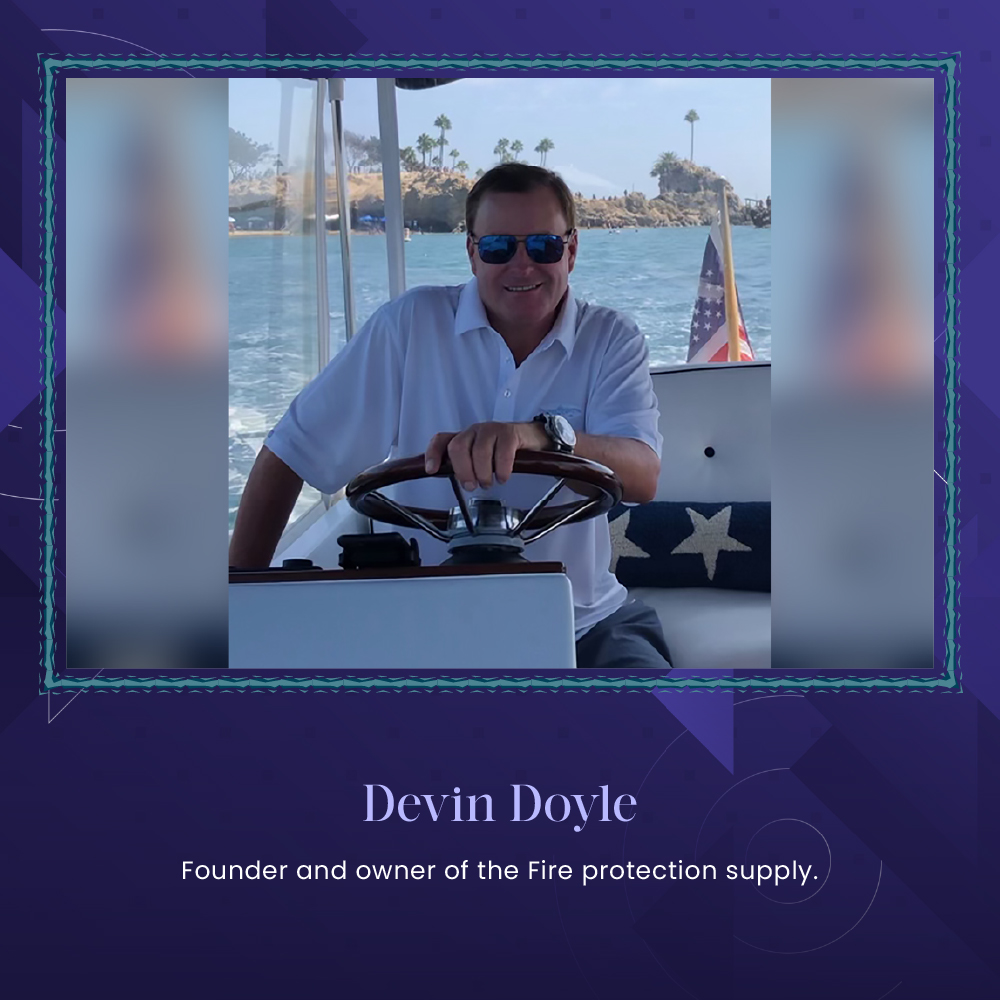The ultimate guide for enthusiastic golfers is designed to educate players who want a deeper understanding of the game rather than quick tips or shortcuts. Golf is a discipline built on precision awareness and repetition, and learning its foundations correctly allows golfers to grow with confidence. An educative approach begins by understanding why fundamentals matter and how each movement affects the final result of a shot.
Grip posture and alignment form the core learning elements for any golfer. A well structured grip allows the hands to work as a unit rather than competing for control. Proper posture supports balance and rotation which are essential for efficient movement. Alignment teaches golfers how body position influences direction and accuracy. The ultimate guide for enthusiastic golfers encourages mindful practice where players observe cause and effect instead of simply repeating swings.
Swing rhythm is another educational focus. Rather than emphasizing force, golfers are taught to value smooth sequencing and balance. When rhythm improves, consistency follows naturally. Learning to observe ball flight and adjust thoughtfully builds awareness and long term improvement. Enthusiastic golfers who understand these principles develop self correction skills that remain effective across different courses and conditions.
Ultimate Guide for Enthusiastic Golfers and Equipment Understanding
An educative perspective on equipment is central to the ultimate guide for enthusiastic golfers. Equipment should be understood as a tool that supports technique rather than a solution that replaces learning. Clubs are designed with different characteristics that influence forgiveness control and feel. Understanding these traits allows golfers to make informed choices that align with their abilities.
Golfers benefit from clubs that encourage proper ball striking and consistency. Learning how shaft flexibility clubhead design and loft influence performance helps golfers appreciate the relationship between swing mechanics and equipment response. The ultimate guide for enthusiastic golfers promotes education over impulse buying by encouraging players to test and evaluate equipment based on comfort and results.
Golf balls also deserve careful consideration. The feel of a ball affects putting confidence while spin characteristics influence approach shots. Shoes play a vital role in balance and posture which directly impact swing stability. By learning how each piece of equipment contributes to performance enthusiastic golfers gain control over their development and avoid unnecessary frustration.

Ultimate Guide for Enthusiastic Golfers and Learning to Score
Scoring improvement is not about aggressive play but about educated decision making which is a key lesson in the ultimate guide for enthusiastic golfers. Understanding how shots accumulate across a round teaches golfers to value consistency and strategy. The short game provides a practical learning environment where touch judgment and adaptability are developed.
Putting instruction focuses on understanding green reading speed control and routine development. Golfers learn how slope grain and pace influence outcomes and how consistent preparation improves confidence. Chipping and pitching education emphasizes shot selection and contact quality. By understanding trajectory and rollout golfers gain flexibility in different situations.
Course management is taught as an intellectual skill rather than instinct alone. The ultimate guide for enthusiastic golfers explains how selecting appropriate targets and avoiding unnecessary risks leads to more reliable scores. Learning when to play conservatively and when to apply pressure transforms the game into a thoughtful process rather than a reactive one. Educated golfers score better because they understand how choices shape outcomes.
Ultimate Guide for Enthusiastic Golfers and Mental Development
Mental development is a cornerstone of the ultimate guide for enthusiastic golfers because understanding the psychological demands of golf leads to lasting improvement. Golf requires focus patience and emotional balance, and these qualities can be learned through awareness and reflection. Educative instruction encourages golfers to observe their thoughts and reactions during play.
Visualization is taught as a method to clarify intent and reduce uncertainty. By mentally rehearsing shots golfers strengthen commitment and execution. Emotional regulation is another key learning area. Golfers are encouraged to treat mistakes as information rather than failure. This mindset promotes calm decision making and resilience.
Physical awareness also supports mental clarity. Learning how flexibility strength and recovery influence performance helps golfers maintain consistency throughout a round. Simple movement routines reinforce posture and prevent fatigue. The ultimate guide for enthusiastic golfers highlights the importance of rest preparation and self care as part of long term learning.
Goal setting is approached as an educational framework rather than pressure. Enthusiastic golfers are encouraged to focus on process improvement rather than immediate results. Tracking progress and reflecting on lessons learned fosters motivation and self trust. The ultimate guide for enthusiastic golfers ultimately teaches that golf is a lifelong learning experience where understanding replaces frustration and knowledge enhances enjoyment. Through education patience and curiosity golfers can grow their skills deepen their appreciation and play the game with confidence and purpose.







